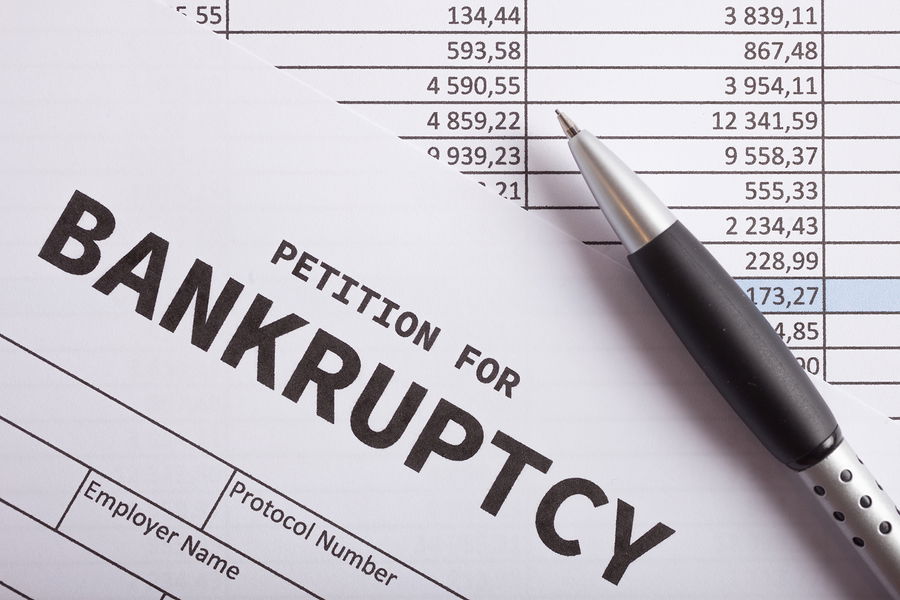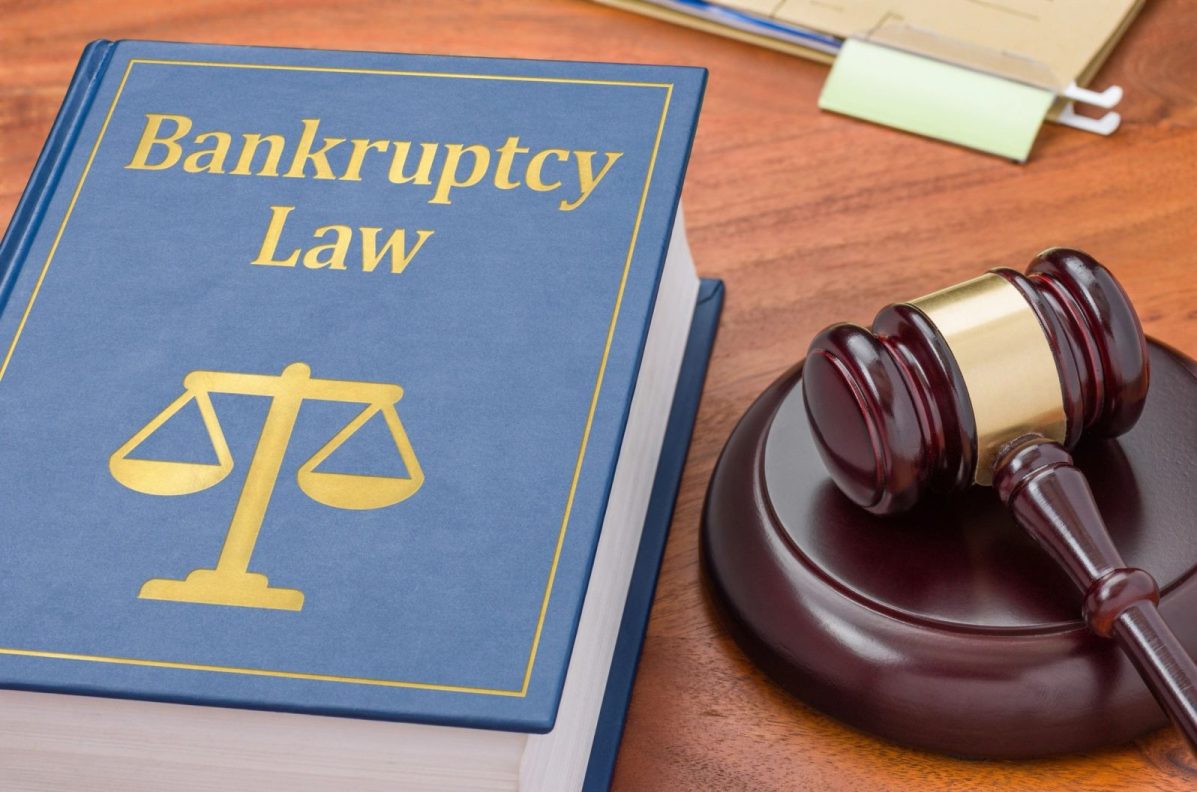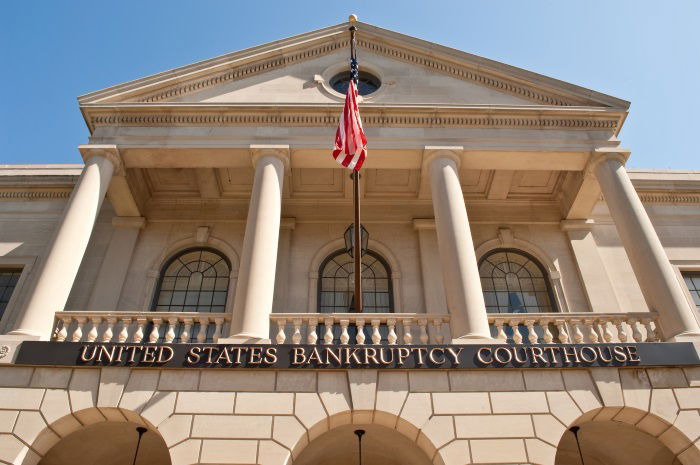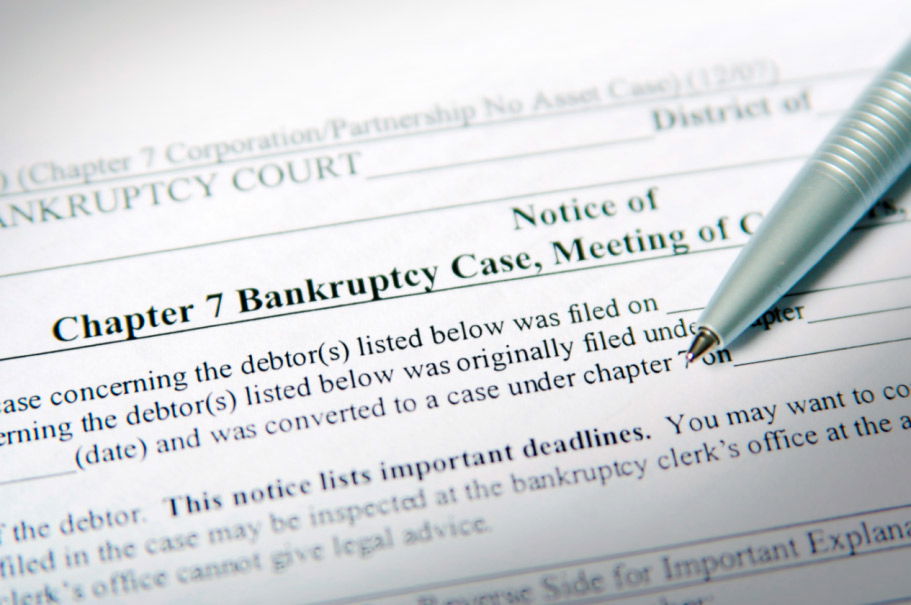Chapter 13 bankruptcy—sometimes called a wage earner’s plan—is a legal way for people with steady income to catch up on debt without giving up everything they own. Instead of wiping out debt like in Chapter 7, Chapter 13 lets you reorganize what you owe and pay it back over time, usually three to five years.

This guide walks you through the basics: who qualifies, how the process works, your responsibilities along the way, and what it means for your credit and assets. We’ll also break down the role of your attorney and the bankruptcy trustee so you know what to expect and who’s on your team.
Who qualifies for chapter 13 bankruptcy?
Chapter 13 bankruptcy isn’t for everyone. It’s designed for individuals (not businesses) who can afford to pay back some of their debt over time.
Here’s what you’ll need to qualify:
You Must Have a Regular Income
This is the foundation of Chapter 13. You need a steady income source—whether it’s from a job, self-employment, Social Security, or disability benefits—so you can keep up with your repayment plan.
Your Debt Must Be Within the Limits
To file for Chapter 13, your:
- Secured debts (like mortgages or car loans) must be under $1,395,875
- Unsecured debts (like credit cards or medical bills) must be under $465,275
These limits are current as of 2025 and may be adjusted periodically.
You Must Complete Credit Counseling
Before you file, you’ll need to take a credit counseling course from a government-approved agency. It must be completed within 180 days before filing. This step helps ensure you’ve considered all your options.
No Recent Bankruptcy Dismissals
You can’t file for Chapter 13 if you had a previous bankruptcy case dismissed within the past 180 days due to noncompliance or if you voluntarily dismissed it after creditors moved to reclaim assets.
If you meet these basic qualifications, Chapter 13 could give you a structured way to catch up on debt and avoid more drastic measures like foreclosure or repossession.
How does Chapter 13 bankruptcy work?
Filing for Chapter 13 follows a detailed legal process. Here’s how it plays out:
Step 1: File Your Petition
You’ll file your Chapter 13 case in federal bankruptcy court, along with paperwork detailing your income, debts, assets, and monthly expenses.
Step 2: Complete Credit Counseling
As mentioned earlier, you must finish credit counseling before you can file. It’s not optional—it’s a legal requirement.
Step 3: Propose a Repayment Plan
Within 14 days of filing, you’ll submit a proposed repayment plan. This outlines how you’ll repay creditors over the next three to five years based on your income and expenses.
Step 4: Trustee Is Assigned
The court appoints a trustee to oversee your case. They review your plan, manage your payments, and make sure creditors get what they’re owed.
Step 5: Attend the 341 Meeting
This is a meeting with your trustee and any creditors who want to attend. You’ll answer questions about your finances under oath.
Step 6: Get Court Approval
Next, there’s a confirmation hearing. If the judge finds your repayment plan fair and reasonable, it’s approved—even if creditors object.
Step 7: Start Making Payments
Once approved, you begin making monthly payments to your trustee, who distributes the money to creditors. Missing payments can lead to case dismissal.
Step 8: Debts Are Discharged
After completing your plan, any remaining eligible debt is discharged. That means you’re no longer legally responsible for paying it.
What You’re Required to Do During Chapter 13
Filing for Chapter 13 isn’t a “set it and forget it” deal. You’ll need to follow several ongoing rules:
- File all required tax returns before your creditor meeting
- Keep current on child support or alimony payments
- Make your scheduled monthly payments to the trustee
- Stay current on any secured debts you’ve agreed to keep, like a mortgage or car loan
- Avoid taking on significant new debt without court approval
- Provide updated tax returns and income information each year
- Ask the court before buying, selling, or refinancing property
Failing to meet any of these obligations could jeopardize your case.
What the Bankruptcy Trustee Does
The trustee is like a middleman between you and your creditors. Their responsibilities include:
- Reviewing your bankruptcy paperwork
- Assessing your proposed repayment plan
- Overseeing monthly payments and distributing funds to creditors
- Raising any concerns or objections with the court
They also ensure you’re complying with the law throughout your plan.
How a Bankruptcy Attorney Helps
A good bankruptcy attorney makes the process smoother from start to finish. Here’s what they typically handle:
- Reviewing your financial situation and advising on strategy
- Preparing and filing all legal documents
- Drafting your repayment plan
- Representing you at meetings and court hearings
- Communicating with your trustee and creditors
- Requesting plan modifications if your situation changes
Attorney fees vary by location but generally range from $1,200 to $2,500. Considering what’s at stake, the investment is usually worth it.
How Chapter 13 Affects Your Credit
Chapter 13 stays on your credit report for seven years from the filing date. While it’s a negative mark, its impact lessens over time—especially if you start building positive credit habits during the repayment period.
Expect:
- Lower credit scores initially
- Difficulty qualifying for loans and credit cards
- Higher interest rates if you do qualify
- Lower credit limits
That said, making on-time payments through your plan can help rebuild your credit over time.
How Chapter 13 Handles Your Assets
In Chapter 7, non-exempt property can be sold to pay creditors. But with Chapter 13, you keep your assets—as long as you pay creditors an amount equal to the value of those non-exempt assets over the life of your repayment plan.
Exemptions vary by state, so talk to an attorney to find out what property is protected in your situation.
Chapter 13 for Self-Employed People and Business Owners
Self-employed individuals and business owners can file Chapter 13—but there are extra requirements.
- You must provide detailed proof of income
- You’re required to file a business operating statement every month by the 15th
- Accurate, ongoing financial documentation is essential
If your income is unpredictable or fluctuates a lot, your attorney will help you build a realistic plan that the court can approve.
What if you can’t afford chapter 13 payments?
Life happens. If you’re struggling to make payments, you’ve got a few options:
- Temporary hardship: Your attorney can request a short-term pause or reduced payments (called a moratorium).
- Plan modification: If your income drops long-term, your repayment plan may be adjusted.
- Hardship discharge: If you can’t continue due to a permanent setback, the court may forgive remaining debt early.
- Convert to Chapter 7: You may be able to switch to Chapter 7 if you now meet the income requirements.
- Dismiss and refile: If all else fails, you can dismiss the case and file again later—just make sure you request an automatic stay to stop collections in the meantime.
Is chapter 13 bankruptcy right for you?
If you’re behind on debt but still have regular income, Chapter 13 may be a smart option—especially if you’re trying to avoid foreclosure, repossession, or wage garnishment.
Start by meeting with a credit counselor. If you still feel overwhelmed, talk to a bankruptcy attorney. They can help you decide whether Chapter 13 is your best path forward—or if another option makes more sense.
Final Thoughts
Chapter 13 bankruptcy gives people with steady income a practical way to manage debt while keeping their assets. It’s not instant relief, but it creates structure and breathing room when bills feel impossible to manage.
If you qualify and stick to the plan, it can be a powerful step toward financial stability. Talk to a credit counselor or bankruptcy attorney to see if it’s the right move for your situation.




